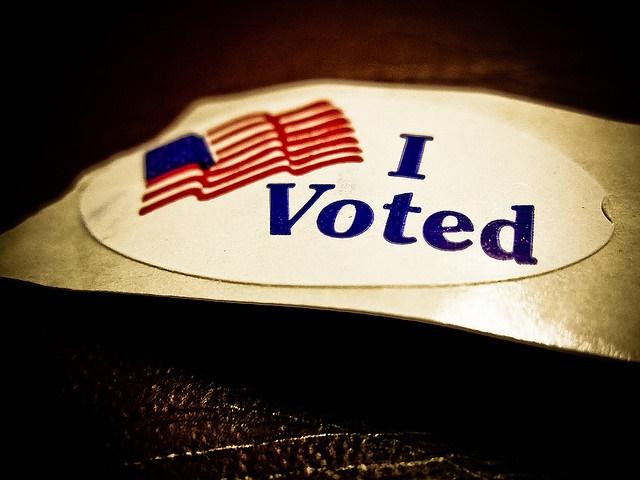Not many voters pay attention to them. They’re not even on Election Day. But donors with special interests pay close attention to the little-talked about elections that occur at least every few years. I’m talking about judicial elections that decide the Wisconsin Supreme Court, and they need to end.
Unlike U.S. Supreme Court justices, who are appointed by the president and then approved by the Senate, the justices of the Wisconsin Supreme Court are elected to 10-year terms.
Though the offices are non-partisan, special interests flood the judicial candidates with donations to support their campaigns. More often than not, a liberal leaning judge will face off against a conservative leaning judge, which was the case in the epic 2011 State Judicial election between the conservative Justice David Prosser and the liberal Judge JoAnne Kloppenburg.
The Pittsburgh Courier reported judges receive extra help when interests groups and labor unions such as the U.S. Chamber of Commerce and the AFL-CIO, respectively, run advertisements on the candidates’ behalf.
According to Mother Jones, the liberal Greater Wisconsin Committee attack ad against Prosser ran 1,100 times and cost nearly $475,000. Prosser himself benefited by a total of $2 million in contributions from conservative interest groups.
The judiciary is supposed to be a formal check on the intrinsically partisan legislative and executive branches.
In Wisconsin, however, the judicial branch is marred by outside spending that no doubt influences the decisions of judges.
In June 2013, the American Constitution Society for Law and Policy came out with a landmark study that showed the damage outside contributions in judicial elections had done.
In their summary, they say, “The more campaign contributions from business interests justices receive” the higher the chance they are to vote pro-business. More striking is the fact “a justice who receives half of his or her contributions from business groups would be expected to vote in favor of business interests almost two-thirds of the time.”
When judges start behaving like politicians, courting voters and taking dark money, we’ve lost the main mission of the judiciary — to be an impartial check on partisan activity above the fray of politics.
Though being able to directly elect judges does give more power to the people, it’s evident that the amount of money outside interests are spending on judicial campaigns have made this benefit null-and-void.
When the electorate for judicial elections is so small, and the money being thrown around is in the millions, the ads have a lot of weight in swaying public opinion. Once elected, the interests of the justices’ political contributor are on their mind more than the people’s.
It may be fun to politicize every branch of government, but in reality it hurts us more than it helps.
The 2011 judicial election between Prosser and Kloppenburg was defined by the anti-union and pro-union factions in the epic fight over the public unions’ right to collectively bargain.
While Prosser did lean conservative, his vote against the unions is more predictable knowing he took $2 million in donations from conservative interest groups.
The best way to stop this is to stop treating the judiciary as if it were ordinary politics. Judges should be appointed so they have no debts to repay in the form of votes. If appointed, there would be less doubt about impartiality, and they could go back to their main job, which is to interpret the state constitution.
Nichalous Pogorelec ([email protected]) is a junior studying sociology.














